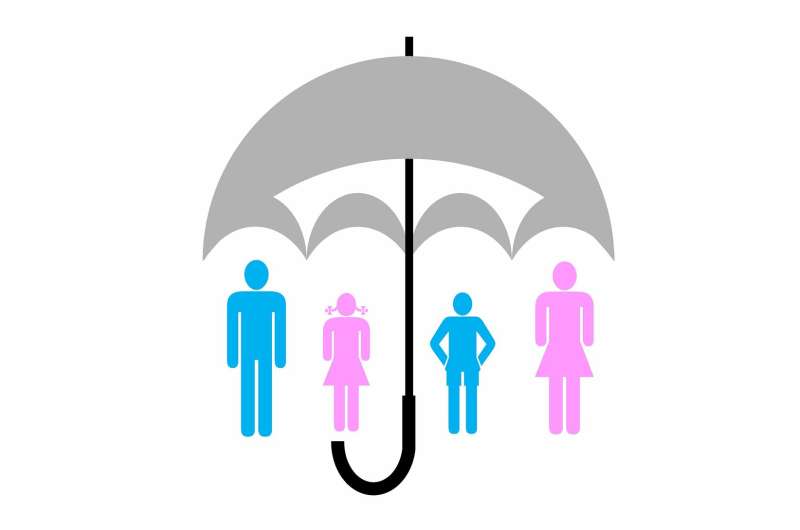Change in Policy Now Makes DACA Recipients Ineligible for ACA Coverage

Federal policy changes in 2025 now disqualify DACA recipients from ACA health coverage, impacting thousands of young immigrants' access to vital healthcare services. Learn more about this significant shift and its implications.
Recent federal policy shifts have resulted in hundreds of thousands of Deferred Action for Childhood Arrivals (DACA) recipients losing their eligibility for health coverage through the Affordable Care Act (ACA). This change, announced by the Centers for Medicare and Medicaid Services (CMS) in June 2025, reclassifies DACA recipients—a group of young immigrants who were brought to the U.S. as children and have been given temporary relief from deportation—as not legally present. Consequently, they are now disqualified from enrolling in or maintaining health insurance through ACA marketplaces starting August 31, 2025.
This new regulation overturns a previous Biden-era rule that allowed many DACA recipients to access ACA coverage, including new enrollments starting last November. The decision has sparked concern among advocacy groups, with critics arguing it is unfair and inconsistent with the contributions of DACA recipients, who pay billions in taxes annually and contribute to vital social programs such as Medicare and Social Security.
In California alone, out of more than 150,000 DACA recipients, approximately 2,300 had enrolled in the ACA, driven by the lack of stable employment benefits, limited access to Medi-Cal, and the desire for affordable healthcare options. Jessica Altman, the executive director of California's ACA marketplace, Covered California, expressed disappointment, noting that the state’s efforts to build trust and enrollment among DACA recipients have been significantly undermined by this federal policy reversal.
To address the impact, Covered California is actively reaching out to affected individuals and collaborating with community organizations to identify alternative coverage options. However, this policy change has also raised broader concerns about future restrictions, with warnings that other immigrant groups such as refugees, asylees, and humanitarian parolees may face similar limitations in federal support starting from 2027.
Advocates like Mariam Arif, director of SIREN, highlight that losing access to ACA coverage could force many DACA recipients to forgo essential healthcare or incur unaffordable out-of-pocket costs. She condemns the policy as an act of cruelty, emphasizing the significant contributions of these individuals to the economy and society.
While the current changes impact a minority of California’s DACA population, there is substantial concern about potential rollbacks that threaten broader immigrant protections. Experts advise recipients to stay vigilant for communications from Covered California about potential alternative pathways to healthcare.
Despite the setbacks, community leaders encourage DACA recipients to remain hopeful and resilient, emphasizing ongoing efforts to oppose unjust policies and to find solutions for those affected. This evolving situation underscores the ongoing challenges faced by immigrant communities amidst shifting federal immigration and healthcare policies.
Stay Updated with Mia's Feed
Get the latest health & wellness insights delivered straight to your inbox.
Related Articles
Rising Temperatures Correlate with Increased Domestic Violence in New Orleans
New research links prolonged heat waves in New Orleans to a significant rise in domestic violence emergency calls, highlighting the public health impact of extreme temperatures.
Trust in Sunscreen Brands and the Need for Scrutiny: Lessons from the SPF Controversy
Recent testing reveals that many sunscreens do not meet their labeled SPF claims, shaking consumer trust and highlighting the need for greater transparency and accountability in health product regulation.
Innovative Innate Immune Checkpoint Inhibitor Demonstrates Potential Against Solid Tumors in Animal Studies
A groundbreaking innate immune checkpoint inhibitor shows promising results against solid tumors in preclinical rodent models, opening new possibilities in cancer immunotherapy.
Innovative Insights into Brain Navigation: How Theta Waves and Place Cells Integrate External and Internal Cues
New research reveals how theta oscillations and place cells in the hippocampus integrate external landmarks and self-motion cues to facilitate spatial navigation and memory formation. Read how these findings deepen our understanding of neural processes and potential implications for Alzheimer's disease.



